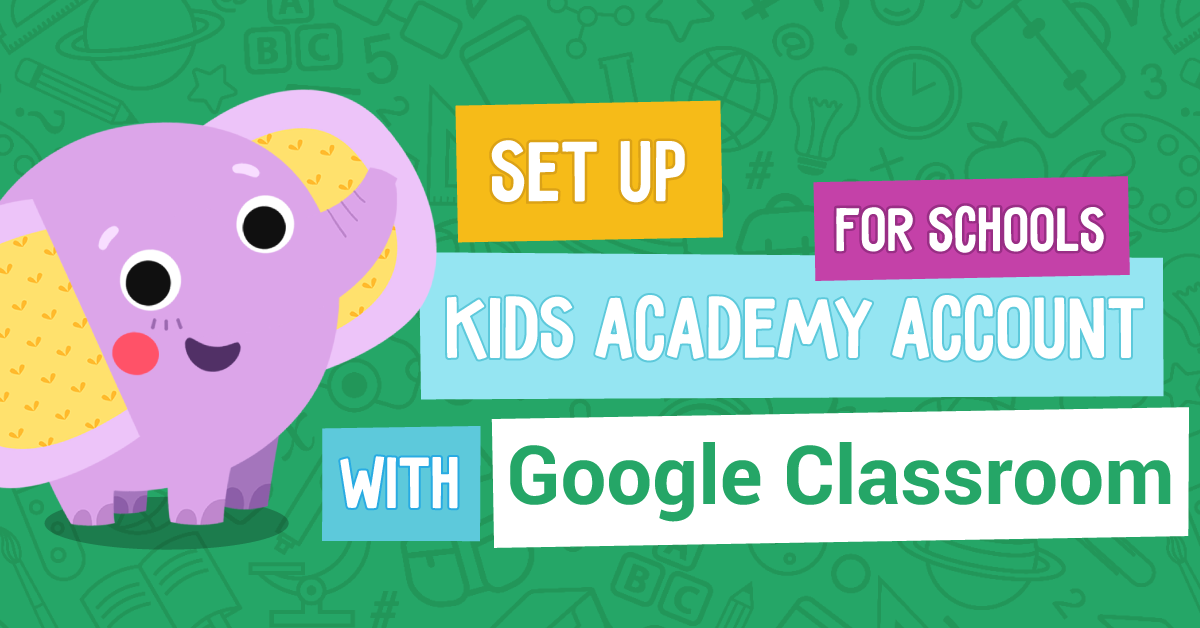Understanding communities Normal Worksheets for Ages 4-6
4 filtered results
-
From - To
Engage young minds with "Understanding Communities: Normal Worksheets for Ages 4-6" from Kids Academy! These carefully designed printable worksheets help children explore different types of communities, their roles, and the people who make them special. Perfect for preschool and kindergarten, the worksheets foster essential skills such as critical thinking, social awareness, and creativity. With fun activities and colorful illustrations, kids can easily grasp concepts like family roles, community helpers, and local environments. Enhance early learning and help children build a strong foundation in understanding the world around them. Explore our collection and watch your little ones discover and grow!
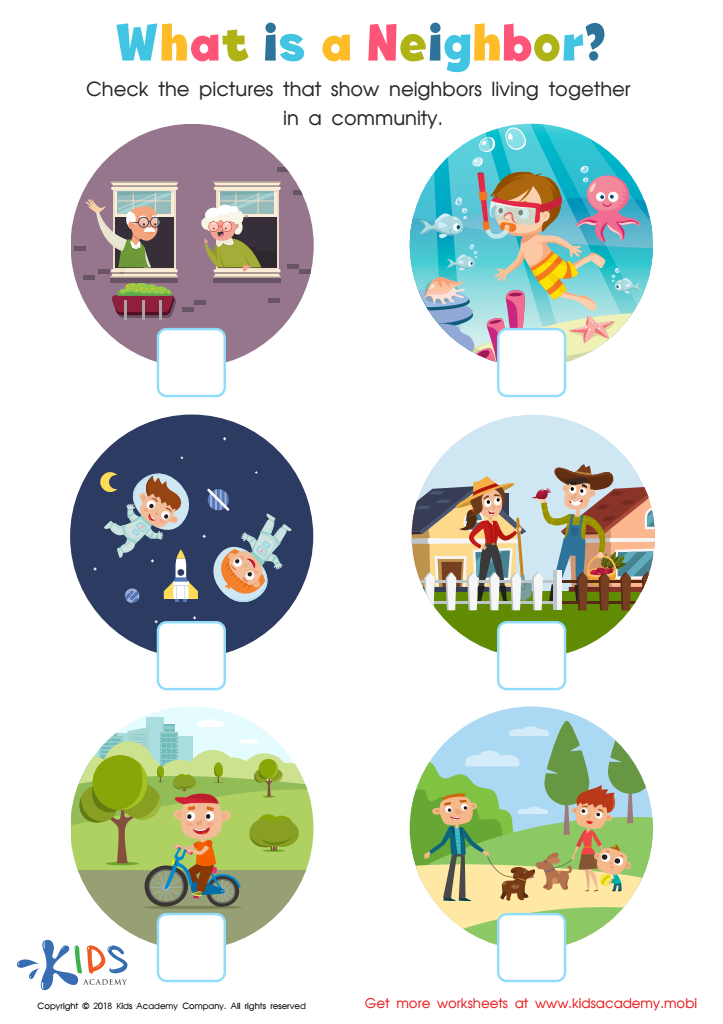

What is a neighbor Worksheet
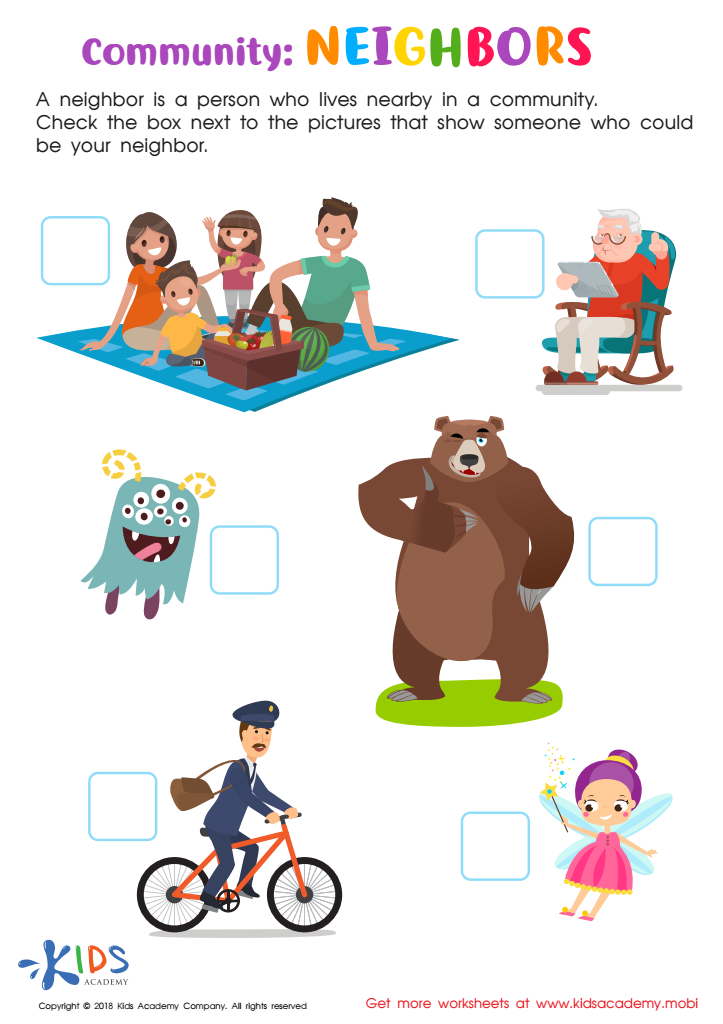

Community: Neighbors Worksheet
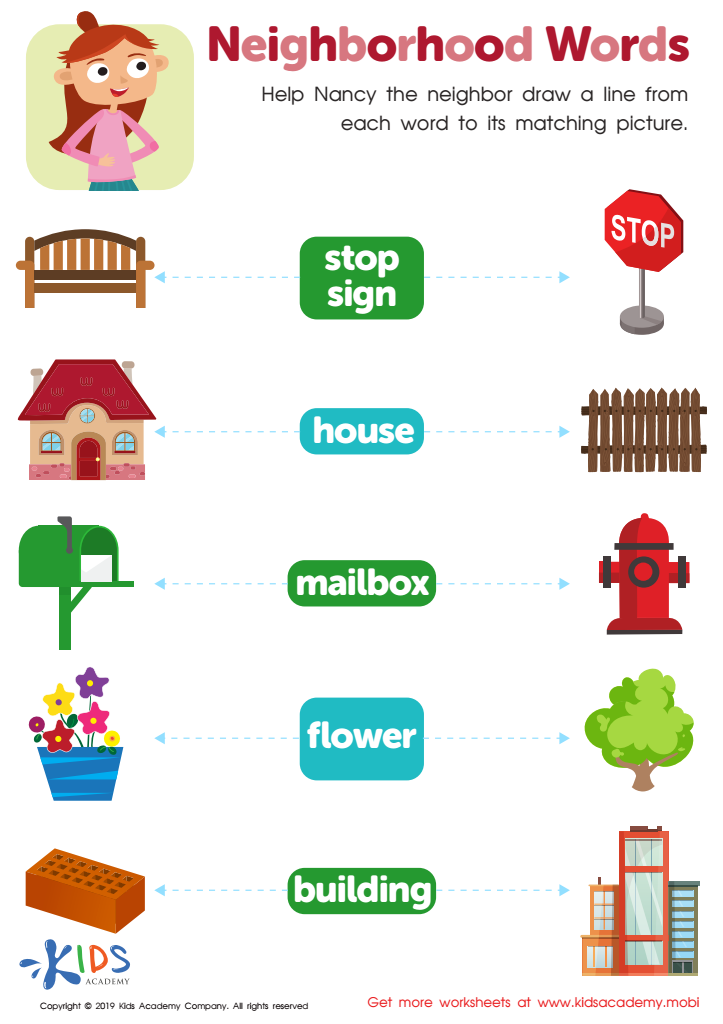

Neighborhood Words Worksheet
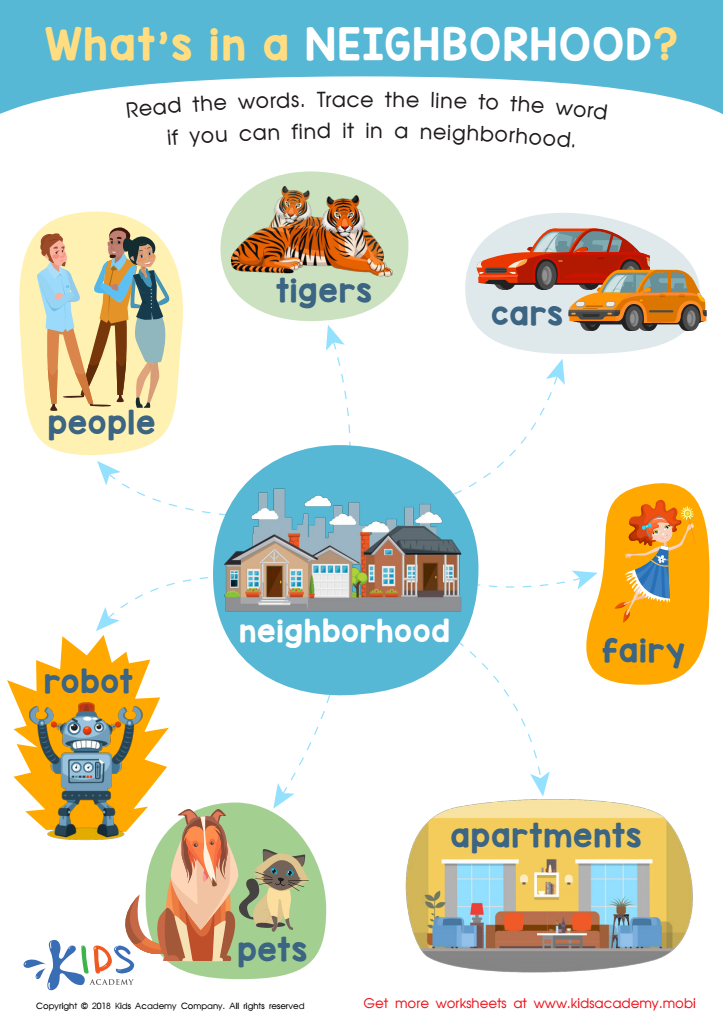

What's in a Neighborhood? Worksheet
Understanding communities is crucial for children aged 4-6 as it forms a foundation for their social development and sense of belonging. At this stage, kids are naturally curious about the world around them and are beginning to grasp the concept of community through their immediate experiences with family, friends, and school.
For parents and teachers, fostering this understanding helps instill core values such as empathy, cooperation, and respect for others. By learning about the different roles people play in a community, children start to appreciate diversity and the importance of teamwork. They see firsthand how everyone contributes to the well-being and functioning of their environment, whether it’s a teacher at school, a nurse at the clinic, or a family member at home.
Moreover, introducing children to community concepts enhances their problem-solving and critical-thinking skills. For instance, when kids participate in community projects or classroom activities centered on communal life, they learn to share, make decisions as a group, and understand the consequences of their actions.
Overall, understanding communities at an early age sets the stage for responsible citizenship. It cultivates a sense of belonging and purpose, encouraging children to take active, positive roles in their communities as they grow older. Both parents and teachers, therefore, play a pivotal role in guiding this learning journey.
 Assign to My Students
Assign to My Students









